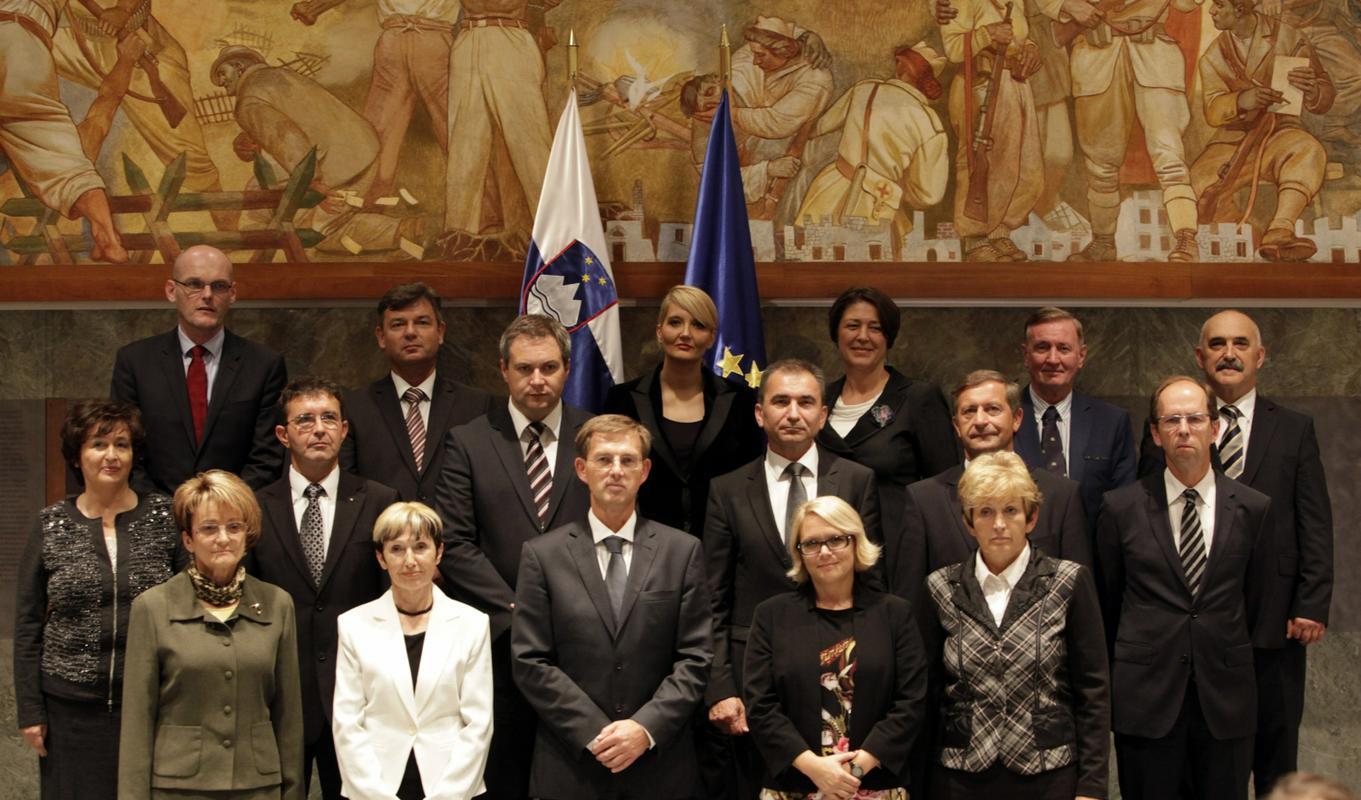Cerar's 16-member cabinet was approved by 54 votes against 25.
His three-party coalition holds 52 out of 90 seats in parliament and investors hope it will return political and financial stability to the country, which narrowly avoided an international bailout for its troubled banks last year.
Cerar has said his cabinet will aim to cut the deficit to 3 percent of gross domestic product - the European Union's official ceiling - next year, from an expected 4.2 percent thisyear.
"Our fiscal policy will be restrictive, we have to reduce public spending and increase the efficiency of tax collection," Cerar said at the start of the parliamentary session.
He said that his government plans to boost growth by selling state assets, attracting more foreign direct investment, and by helping companies restructure and improving corporate governance, all issues that have largely been on the backburner since Slovenia became independent from Yugoslavia in 1991.
He added that the government would pursue privatisation as planned by the outgoing centre-left cabinet, confirming comments made on Monday by new Finance Minister Dusan Mramor.
"I will aim to keep a strong coalition ... which has obliged itself to lead Slovenia out of the crisis, to bring stability and a higher political and legal culture to Slovenia," Cerar said.
His centre-left SMC party won a snap general election in July and formed a coalition with the Desus party and the Social Democrats.
Investors welcomed the announcement that privatisation would continue but said the government would struggle to cut the deficit to 3 percent of GDP next year, as demanded by the European Commission.
"It's going to be tough for the government to come up withthe 3 percent deficit but there are other larger countries who face the same problem therefore it will be decided at the EUlevel how we deal with (those) countries," said Alexander Dibelius, president at Goldman Sachs' global industrials group.
He urged Cerar's government to make Slovenia more attractive to foreign investors by ensuring political stability, creating an attractive tax regime and launching a reliable privatisation process.
Successive Slovenian governments opposed the sale of state assets until Cerar's predecessor Alenka Bratusek earmarked 15 companies for sale last year to steady public finances after rescuing the country's troubled banks. Three of those firms have been sold so far.


































































